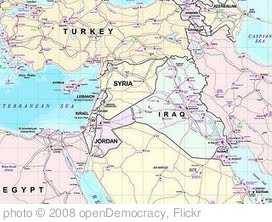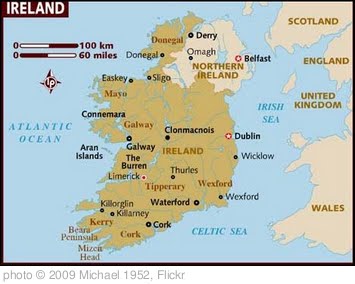First of all, I have a prejudice in favor of books set in Texas, as long as the Texas culture and history is authentic. Once Upon a Camel, set in my native West Texas, is spot on. Secondly, I absolutely loved Kathi Appelt’s The Underneath and thought it should have won a Newbery Award a few years ago. However, not everyone agreed with me. So you may or may not agree with me that Once Upon a Camel is in the top tier of middle grade fiction published in 2021.

The novel is similar in style to The Underneath, but as I said, it’s set in West Texas, not East. And it features an aging, storytelling camel and a family of kestrels caught in a haboob, a giant, overwhelmingly destructive, dust storm. I loved the storytelling and the way it was woven into the greater story. I loved the kindness and courage exhibited by the animal characters.
The animals are anthropomorphized, but they also stay true to their animal nature for the most part. Zada, the camel, is sometimes loud, nurturing as an honorary auntie, and fond of racing (at least, she was a racer in her youth), and not so fond of horses. The kestrel couple, Pard and Perlita, are fierce and loyal and persistently loving. The baby kestrels, Wims and Beulah, are, well, they are babies, much like human children, quarrelsome yet tender with each other, impulsive, prone to getting into trouble, yet definitely lovable. Even the mountain lion, Pecos de Leon, is only a little bit scary and ominous, and he, too is susceptible to the calming influence of a good story.
Zada’s stories come from her history, and they’re the kind of stories that humans would tell in family groups or in communities. They are family stories, and the book is yet another iteration of the theme that “stories will save the world.” In the author’s note at the end of the book, Ms. Appelt writes:
“In these days of so much anger and division, it’s more important than ever that we take time to share our stories, which at their most basic level tie us to each other in fundamental ways. After all we’ve been gathering around campfires and kitchen tables for thousands of years and doing just that. We are, all of us, story beasts, made to tell stories, built for them.”
p. 321
I highly recommend that you make your acquaintance with Zada, the camel, and that you read her stories and the story of the haboob and how Zada and her friends survived in it. We’ve all been experiencing our own massive “dust storms” through the past couple of years, and perhaps a fictional West Texas camel can help us find our own survival strategies. And even if there are no profound lessons to be learned from Zada, a little humor and a light story never hurt in the midst of a storm.


